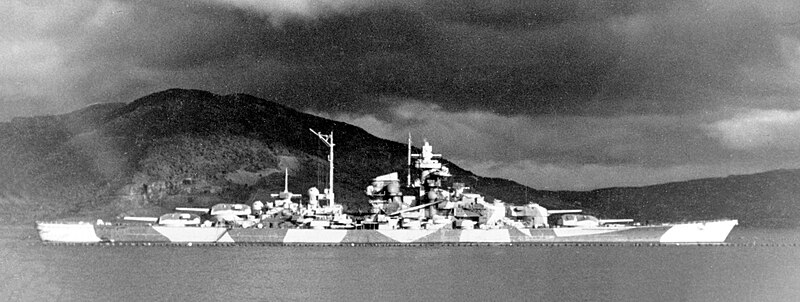Dug
Bronze Member
- Joined
- Feb 18, 2013
- Messages
- 1,138
- Reaction score
- 1,264
- Golden Thread
- 0
- Location
- SC Lowcountry
- Detector(s) used
- XP Deus/Sovereign GT.
- Primary Interest:
- Relic Hunting
I can't find it at the moment but I have one of my father's old scuba magazines that had a series of still pictures depicting the loss of 32 Okinawans who were illegally salvaging an ammunition ship off Okinawa. In one pic are a few small boats in a circle over a spot and then the ocean erupts in a giant explosion. After the water settled there were no small boats left. Apparently they set off munitions while cutting through the hull of the ship. The accident took place on 3 July 1957. Guess it was a case of dead adding to the dead.
Last edited:






